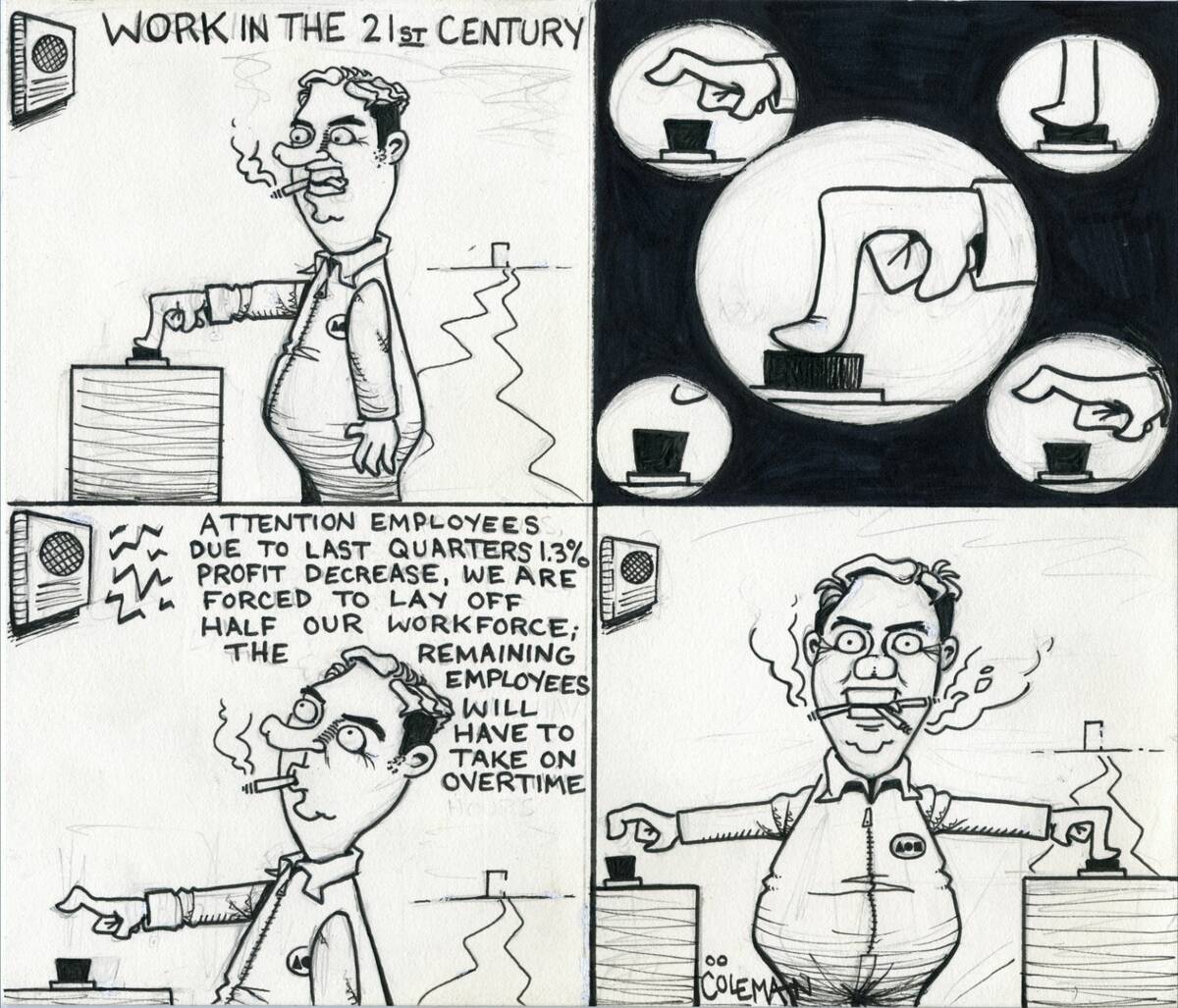EDITORIAL: As minimum wage rises, robots work for $0 an hour
Having a cashier ring up your grocery store purchases feels like a luxury good these days. Don’t overlook the role rising minimum wages played in this development.
Major retailers such as Target and Walmart have replaced many checkout lanes with self-checkout kiosks. With customers doing most of the work, the company saves money. One employee can watch over four to six self-checkouts.
As The Street recently reported, this has created its own set of problems. It’s easier for people to leave the store without paying for items. In the hustle-and-bustle, shoppers can “overlook” paying for an expensive item. As a result, Dollar General has gotten rid of this option in some locations. Target is limiting how many items you can scan in self-checkout lanes. Walmart is limiting some checkout lanes to members of its Walmart+ program.
Problems with self-checkout aren’t the only issue Target and Walmart have in common. In recent years, both released high-profile announcements touting increases to starting worker pay.
“Target raising its starting wage to $15 an hour,” The Washington Post reported in June 2020. In 2022, Target raised “its minimum wage to as much as $24 an hour” based on location, NPR noted. In 2021, Walmart boosted pay for the average worker to $15 an hour in 2021, according to the New York Post.
As labor costs rise, self-checkout becomes a more attractive option. If a store loses $30 an hour from theft, but saves $60 an hour in labor costs, that’s a net financial win. In addition, companies likely believe they’ll be able to take other steps to prevent shrinkage. But once those checkout jobs are gone, they’re unlikely to return. If that is a result of a labor shortage driving up wages, it’s less of a concern. There are unintended consequences if it results from a government mandate.
This should be a warning sign to activists in the “Fight for $15” campaign. They have indeed seen many successes. But higher minimum wages haven’t cured poverty, so they now push for even higher stricter mandates. On its website, the campaign celebrates California passing a $20 an hour minimum wage for fast-food workers. Author Rick Wartzman, part of the 2003 Pulitzer-prize-winning Los Angeles Times team that investigated Walmart, wants a $20 an hour federal minimum wage. Democrat Rep. Barbara Lee from California called for a $50 an hour minimum wage while running for U.S. Senate.
Be careful what you wish for. California fast-food restaurants are already cutting hours and raising prices. And the experience of Target and Walmart show that higher labor costs make automation ever more affordable and desirable. Robots still work for $0 an hour.
This commentary initially appeared in the Las Vegas Review-Journal.











